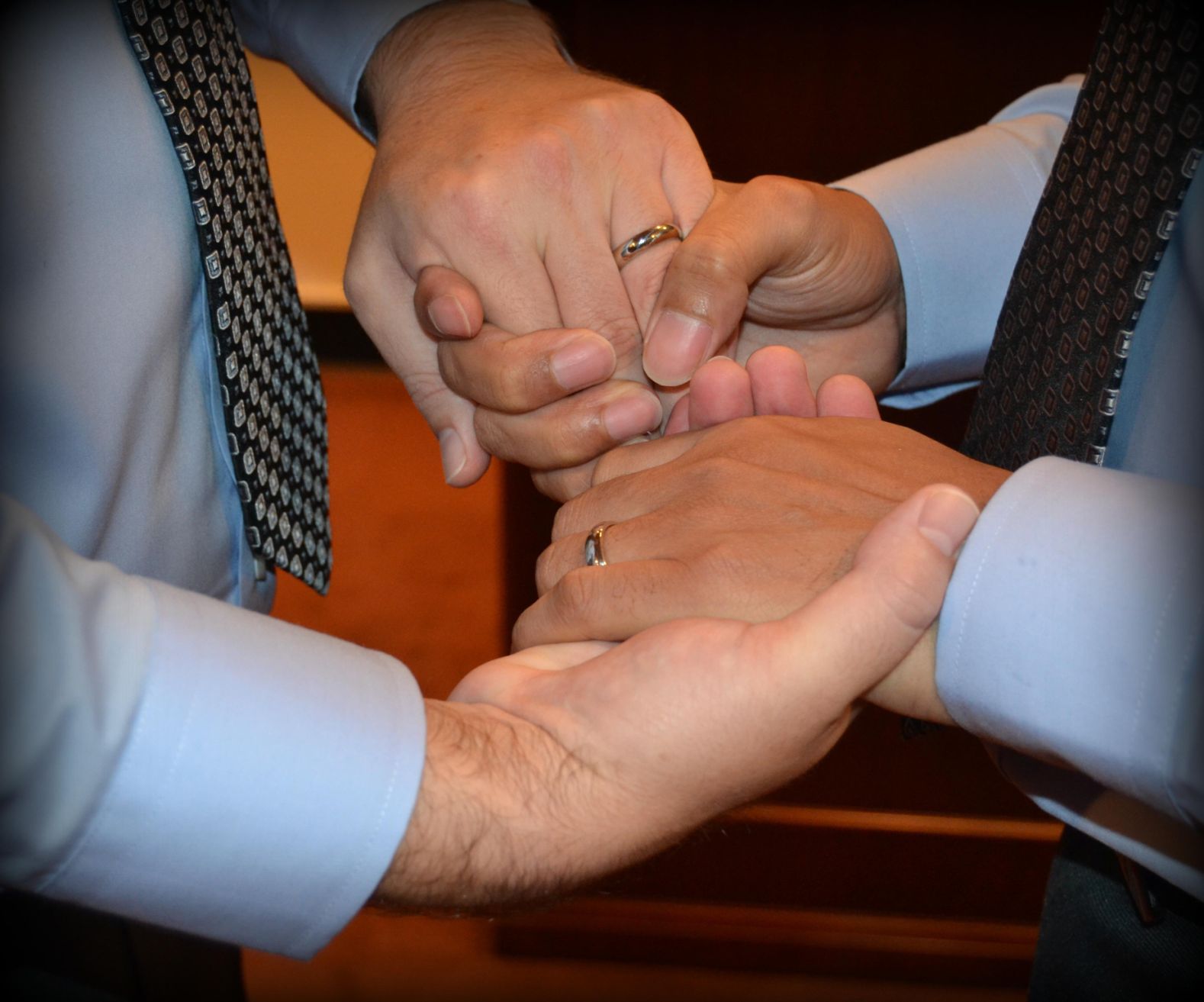Texas same-sex marriage proposal will cost local clerks
Published 10:30 am Friday, March 27, 2015
AUSTIN – A lawmaker who wants to give the secretary of state authority over who can say “I do” in Texas argues that leaving the power with county clerks will lead to more same-sex unions.
Local officials say they fear losing the marriage license fees they collect from couples preparing to tie the knot.
“The fiscal impact would be devastating – especially to small counties that are already struggling to meet their budgets,” said Guadalupe County Clerk Teresa Thiel.
Rep. Cecil Bell, a Republican from Magnolia, 40 miles northwest of Houston, proposes centralizing authority over marriage licenses in Austin and prohibiting the use of state or local funds to support anything but the union between one man and one woman.
Had the secretary of state been in charge of licenses, Bell told a legislative committee this week, Suzanne Bryant and Sarah Goodfriend, who married in Austin last month, would never have celebrated Texas’ first same-sex marriage.
Texas voters in 2005 approved a state constitutional amendment providing that marriage consists only of the union of one man and one woman. The ban has been found unconstitutional by a state and federal judge – rulings that ultimately led to Bryant and Goodfriend’s wedding – though the cases are under appeal.
The U.S. Supreme Court is scheduled next month to hear a number of same-sex marriage cases arising from four other states.
Jonathan Saenz, who spoke for Bell’s bill on behalf of Texas Values Action, noted that the Supreme Court has yet to rule, and same-sex marriage is still unconstitutional in Texas.
““The problem we have in Texas is, the state law is not being enforced,” he said.
But opponents argue that creating a centralized bureau for marriage licenses poses an expensive remedy.
Bell’s proposal will cost $2.45 million in its first two years, according to the Legislative Budget Board. A new organization within the secretary of state’s office will require 18 staff members, as well as technology to support them, according to the board.
That’s not to mention the cost to county clerks, who issued about 185,000 marriage licenses in 2013.
The overall financial impact has not been determined, but Thiel, a former president of the County District Clerks’ Association of Texas, cited a few examples.
Moore County, with its population of 22,000 people north of Amarillo, could lose about $11,000 per year.
Victoria County, with a population of about 125,000 on the Gulf Coast, could lose about $50,000. And Dallas County, population 2.5 million, could lose about $1.3 million per year, Thiel said.
Rep. Charlie Geren, R-Fort Worth, said the local impact is clearly in the millions of dollars.
“I’ve got a real concern about the fiscal note,” Geren said.
In Johnston County, Clerk Becky Ivey said layoffs are “entirely possible” in her office if she loses the power to issue licenses.
The county south of Fort Worth, with a population of 567,000, took in $97,309 in license fees last year.
Though Bell has made assurances that he’ll find a fix for counties that lose money in the deal, they aren’t enough to assuage Rep. Sylvester Turner, D-Houston.
“I don’t care how much lipstick you put on it,” said Turner. “It is what it is what it is.”
Bryant, one of the women married in the same-sex ceremony in February, urged lawmakers during Wednesday’s hearing to wait for a U.S. Supreme Court decision that might make the issue moot.
“What it’s creating is a stumbling block,” she said.
Dale Gorczynski, a Houston justice of the peace, called the proposal, which was left pending, a solution in search of a problem.
“It’s also an insult to every county clerk in Texas,” Gorczynski said. “Resist the impulse to beat up on gay people one more time. Show some sense.”
John Austin covers the Statehouse for CNHI’s Texas newspapers. Reach him at jaustin@cnhi.com.




